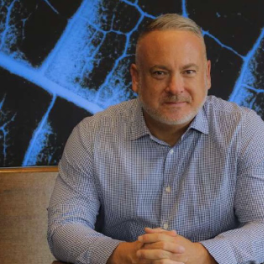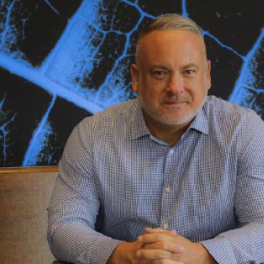
Burnout! Compassion Without Collapse
Information
Date & Time
-
-
Location
-
The Phoenix
145 N Wabash Ave
Wichita, Kansas 67214
Learning Objectives
Participants will be able to:
-
Define burnout, compassion fatigue, and secondary traumatic stress as they apply to behavioral health providers.
-
Identify early warning signs of burnout and factors that increase vulnerability in clinical practice.
-
Apply evidence-based strategies to interrupt the stress cycle and promote recovery.
-
Demonstrate techniques for setting and maintaining professional boundaries to reduce burnout risk.
-
Integrate resilience-building practices into daily work to sustain therapeutic presence and improve client outcomes.
Educational Goal
Description
Burnout is highly prevalent in behavioral health due to chronic exposure to clients’ trauma, high caseloads, systemic barriers, and the emotional labor inherent in therapeutic relationships. The unique combination of compassion fatigue, secondary traumatic stress, and moral injury creates risks for diminished clinical effectiveness, ethical breaches, and personal health deterioration. Understanding the neuroscience, systemic factors, and early warning signs of burnout equips behavioral health providers to protect their own well-being while maintaining high-quality care.
From this presentation, participants will gain:
- 1. An evidence-based understanding of burnout, including the stress cycle and how it impacts cognition, emotional regulation, and decision-making.
- 2. Tools to identify early indicators of burnout and compassion fatigue in themselves and colleagues.
- 3. Practical strategies for stress recovery, boundary-setting, and workload management.
- 4. Interventions for building resilience, sustaining empathy, and maintaining therapeutic presence over time.
- 5. Resources and frameworks (including the Nagoskis’ “stress cycle” model and recent data from The Burnout Report 2025) that can be applied immediately in clinical settings.
By applying these skills, behavioral health providers will:
- 1. Reduce the risk of errors and lapses in clinical judgment.
- 2. Improve therapeutic alliance through consistent emotional attunement and presence.
- 3. Increase longevity in the profession and decrease turnover in their organizations.
- 4. Model healthy coping strategies for clients, enhancing credibility and trust.
- 5. Create a sustainable practice that fosters better engagement, adherence, and recovery outcomes for clients.
Target Audience
- Addiction Professional
- Counselor
- Marriage & Family Therapist
- Psychologist
- Social Worker
Presenters
Financially Sponsored By
- Holland Pathways - Your Path To Recovery
